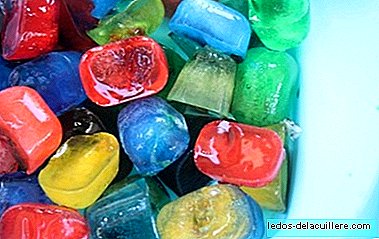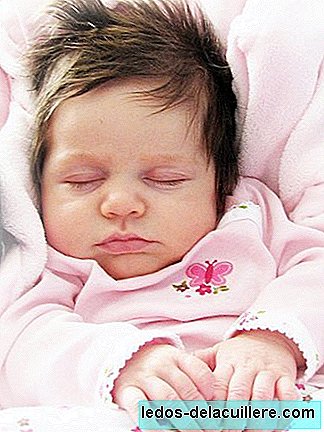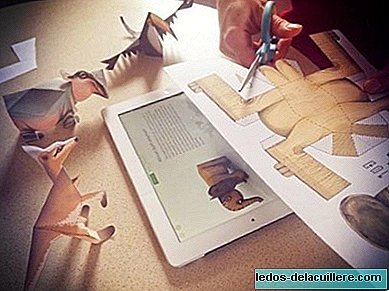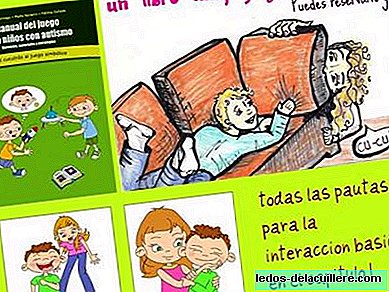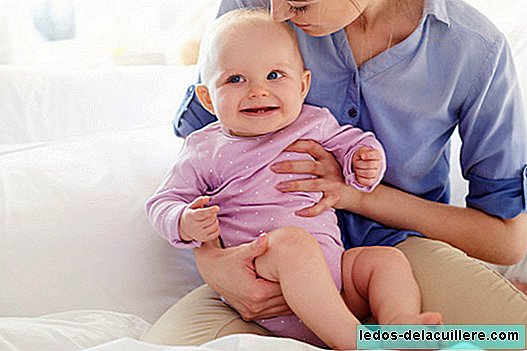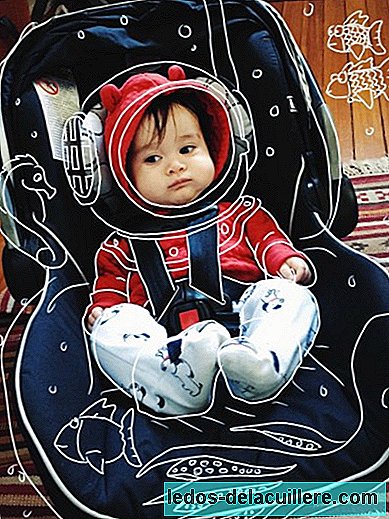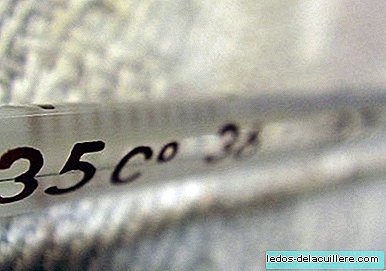
That teething causes high fever seems to be a myth. It is often believed that an increase in temperature is associated with the outbreak of the first teeth in babies, but Is fever a symptom of the exit of the teeth?
Experts say no. A recent study in Brazil finds that although the temperature of a baby rises slightly the day a tooth comes out, fever is not a symptom of teething, although drooling and irratibility can be.
The exit of the first tooth occurs between four and eight months. Normally, the lower two exchanges first appear and a month or two months later the upper exchanges begin to appear.
With the intention of thoroughly studying the signs and symptoms of teething, Brazilian dentists followed 47 babies between five and fifteen months of age for eight months.
They observed that the day the tooth came out, children were more likely to have runny nose, diarrhea, rash, lack of appetite, irritability, poor sleep, increased salivation and drooling.
As for the body temperature of the babies, they noticed that it tended to increase a few tenths the day the tooth came out and the day after (at about 98.24 Fº or 36.98 Cº), but it is still considered within the normal range.
If the child has more than 38 C of fever, it is a sign of illness, regardless of the exit of the teeth, so you have to look for the cause and treat it.
Each baby reacts very differently to the exit of the teeth. In some it hardly causes symptoms, while other babies have a really bad time. To relieve the discomfort of teething, offer cold drinks, a biting toy, apple chips or cold carrots (if you eat chunks) and give a gentle finger massage.


